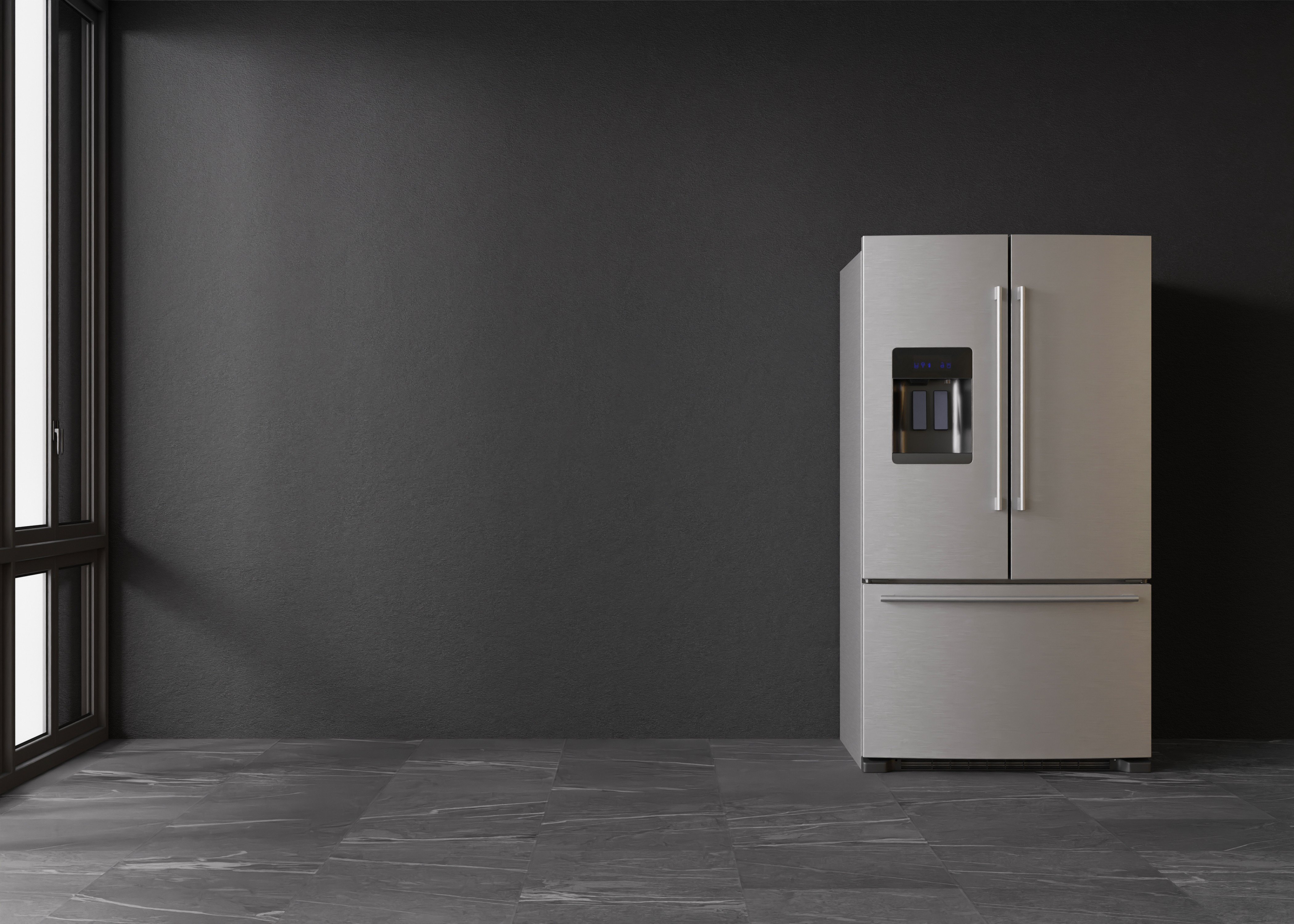30 Inspirational Quotes About Buy Fridge
A Comprehensive Guide to Buying a Fridge: Tips and Considerations
Acquiring a refrigerator is a significant choice for any family. The best fridge not just keeps your food fresh but likewise improves the visual appeal of your kitchen. With a plethora of options readily available in the market, prospective purchasers face the obstacle of finding a refrigerator that suits their needs and fits their budget plan. This post offers valuable insights into the vital aspects to consider when purchasing a fridge, categorizes the different types readily available, and answers some often asked questions.
Types of Refrigerators
Before diving into the buying procedure, it's necessary to understand the various types of refrigerators offered. Each type serves an unique purpose and comes with its own set of functions. Here's a quick overview:
Type
Description
Perfect For
Leading Freezer
A traditional model with the freezer compartment on top.
Budget-conscious customers.
Bottom Freezer
Refrigerator above, freezer at the bottom.
Those who often access fresh food.
Side-by-Side
2 vertical sections, one for the fridge, one for the freezer.
Large families with diverse storage requirements.
French Door
Different compartments for fridge and freezer with wide doors.
Elegant cooking areas and devoted cooks.
Compact
Smaller sized and portable, ideal for restricted areas.
Dorms or little homes.
Smart Fridges
Geared up with Wi-Fi and touch screens for advanced features.
Tech-savvy users looking for convenience.
Understanding these various types can assist purchasers pinpoint what fits their way of life and kitchen design best.
Key Considerations When Buying a Fridge
1. Size and Space
The size of the refrigerator is among the important factors to consider. Step the readily available space in your kitchen where the fridge will reside. Bear in mind:
- Depth, Width, and Height: Ensure that the fridge matches your kitchen area's total design.
- Door Swing: Check that the door can open easily without obstruction.
- Capability Needs: Consider how much food you normally save and select a fridge with a proper cubic foot capability.
2. Energy Efficiency
When purchasing a new fridge, try to find energy-efficient models. Energy Star-rated fridges take in less electricity, which can significantly reduce utility costs. Factors to assess consist of:
- Energy Guide Label: This provides a price quote of the annual energy consumption.
- Inverter Technology: Helps keep temperature while taking in less power.
3. Functions and Technology
Fridges feature a myriad of features and technological improvements. Selecting the right combination can substantially boost benefit:
- Temperature Control: Look for models that offer accurate temperature level settings for different compartments.
- Smart Technology: Wi-Fi connectivity can provide notifies, recipe suggestions, and stock checks.
- Ice and Water Dispenser: Consider whether you want an in-door water and ice dispenser to conserve area and boost ease of access.
4. Style and Design
The aesthetic appeal of your refrigerator can match the total kitchen area design. Consider the following designs:
- Finish Choices: Stainless steel, matte black, and timeless white are popular finishes.
- Manage Design: Choose a deal with design that matches your cooking area's décor and is easy to open.
5. Price and Brand Reliability
While there are numerous spending plan choices readily available, investing in a reputable brand often equates to reliability and toughness. Consider the following:
- Warranty: A strong service warranty can secure against flaws and failures.
- Customer Reviews: Research user feedback to determine efficiency and service quality.
Purchasing Tips
- Research: Spend time reading reviews and contrasts before making a decision.
- Sales and Promotions: Look out for sales during vacations or special occasions to improve deals.
- In-store Experience: Visit local home appliance stores to see the designs personally and ask concerns to well-informed staff.
Frequently asked questions about Buying a Fridge
1. The length of time can I expect my refrigerator to last?
Typically, a refrigerator lasts in between 10 to 20 years, depending on the brand name and upkeep. Routine maintenance can extend its lifespan.
2. What should I do if my refrigerator isn't cooling adequately?
Start by checking the temperature level settings, ensure the door seals are undamaged, and keep the coils tidy. If issues continue, consult an expert specialist.
3. Are clever fridges worth the financial investment?
Smart fridges can be useful for tech-savvy users and those who value convenience. Functions like stock management and remote gain access to can save time and decrease food waste.
4. How do I appropriately preserve my refrigerator?
- Clean the interior regularly to remove spills and smells.
- Defrost if you come across frost accumulation.
- Check the door seals to ensure they are tidy and functional.
5. What is Danilo Searchwell ?
There is no one-size-fits-all response. Nevertheless, brand names like Whirlpool, Samsung, LG, and Frigidaire are frequently ranked extremely for quality and customer support.
Ultimately, purchasing a refrigerator includes far more than just picking a random model off the shelf. By taking the time to assess your requirements, assessing type options, understanding critical functions, and thinking about design aesthetic appeals, you can make an informed choice that will serve your home well for many years to come. With the ideal choice, your refrigerator will be a trustworthy companion in your everyday kitchen operations.
